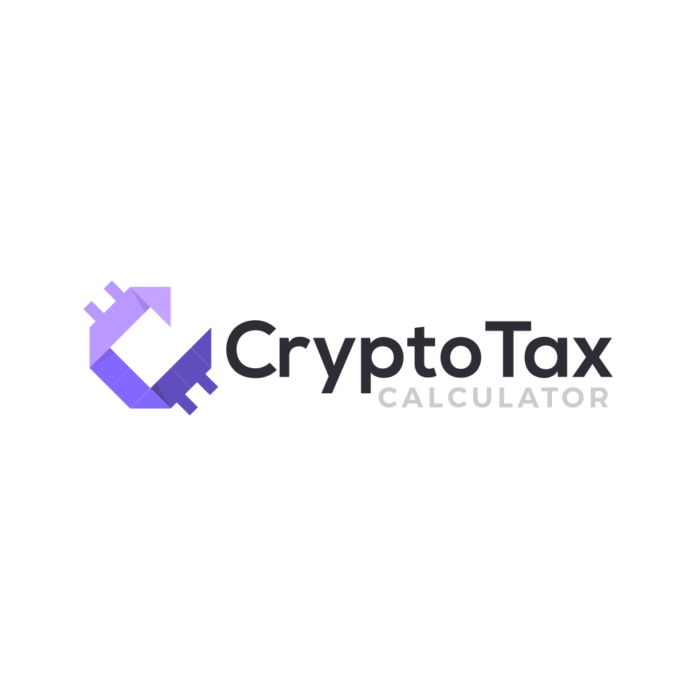
In October 2020 the OECD (Organisation for Economic Co-operation and Development) published a report titled ‘Taxing Virtual Currencies: An Overview of Tax Treatments and Emerging Tax Policy Issues’, to date it is one of the most comprehensive reports on the global cryptocurrency industry and its relation to government regulators. Not only does the report outline the current state of crypto taxation worldwide but also highlights the issues governments face and must address moving forward. The report provides valuable insight into where the taxation of cryptocurrencies is headed.
The Current State of Taxation
Detailing the state of crypto taxation across all major jurisdictions was no easy feat but there were some surprising patterns that emerged across countries that related to how they choose to tax crypto at this time. There were three broad areas of taxation that countries applied to crypto, Income tax, capital gains tax, and VAT. For example, most countries made the distinction that income tax applied to business and profit-making activities while capital gains were applied to investors and casual traders. The guidelines on VAT are clearer, generally exchanging crypto is exempt from VAT but using them for the exchange of goods or services makes them subject to the tax.
What we can learn from the report
The main recommendation the OECD offered to policymakers was that they should provide more guidance and explanation for the policies they create. We expect to see governments in the coming months provide more detailed information behind how to handle tax obligations on specific transaction types, platforms, and protocols. Hopefully, governments release this information before their respective tax seasons are open, giving consumers time to figure out how their involvement relates to the new laws.
In the short term, we also expect to see governments pursue crypto taxes with more force and bring policies into alignment with their existing policies. Without exception, major governments have spent 2020 in crisis mode, and with their economies hit they will need to generate more revenue somehow, so far the crypto market has held up, with areas like the DeFi space even expanding. If this continues to be the case governments could bring crypto in line with their broader tax policies to assume more widespread adoption of crypto taxes.
Record keeping has always been an issue for consumers and governments alike. A major challenge for governments is how to handle the volatility of the crypto market and the decentralized nature of exchanges. Prices for even the largest cryptos like ETH and BTC can change over 10% in a single day, compound this problem with the fact cryptos can have different prices on different exchanges and you can see how it would be difficult to keep track of your exact tax obligation. Currently, governments allow for reasonable valuations to be determined by consumers, we expect governments to become stricter or at least provide more detail as to how they want the record-keeping process done. When this happens, either exchanges will have to adapt to keep up or the burden will be placed on consumers to figure this out themselves.
In the medium to long term, there will be interest in stable coins and the DeFi space, specifically how they impact the stability of central banks and the traditional finance sector. As this is a completely new idea it will take trial and error and different governments will try different ideas but possible scenarios include central banks setting up their own digital currency, treating stable coins as traditional securities, or regulating the DeFi industry much more heavily.
Conclusion
While it is difficult to see exactly where crypto regulation is headed the OECD has provided a general overview of the challenges faced by regulators and the potential responses they might have. As the crypto market increases in size and popularity it is apparent that governments will want to take a more active role in the conversation. As the market and as a consequence laws change so quickly it can be difficult for consumers to keep up. Rest assured that CryptoTaxCalculator can do this for you so you don’t have to worry and can just continue trading and investing.
[newsletter_form lists="1"]










